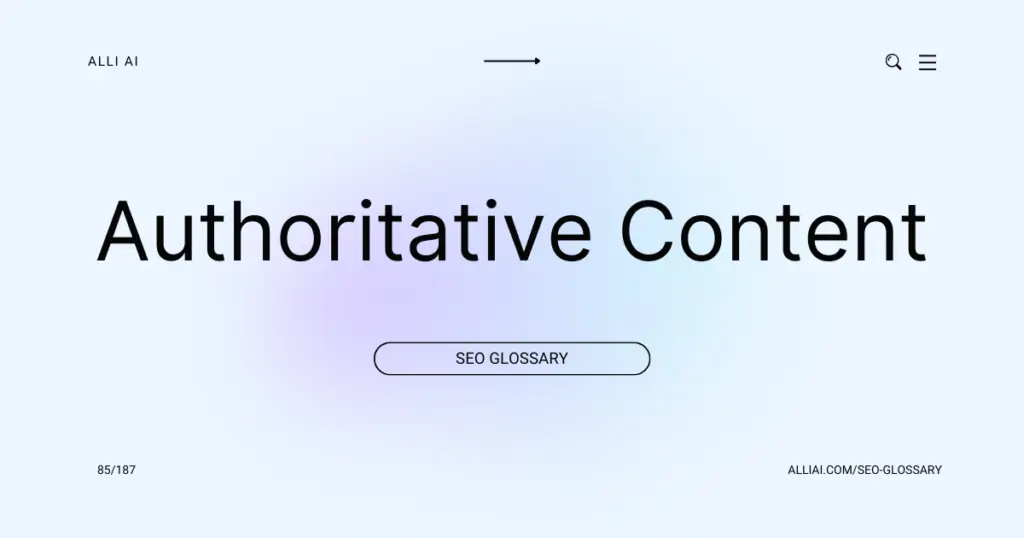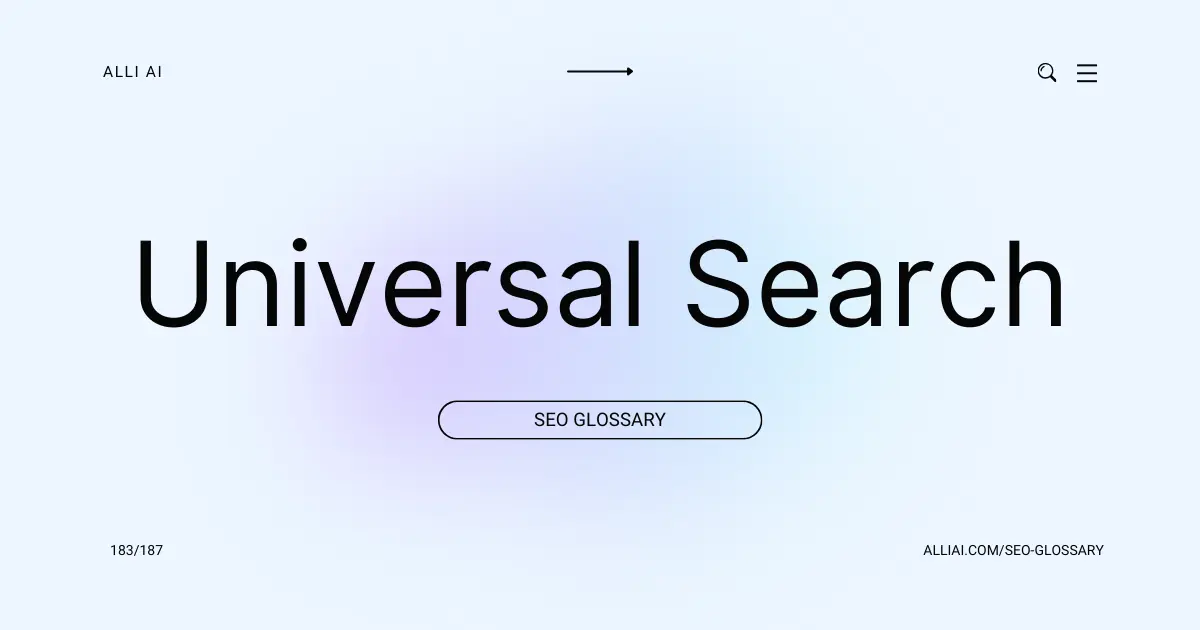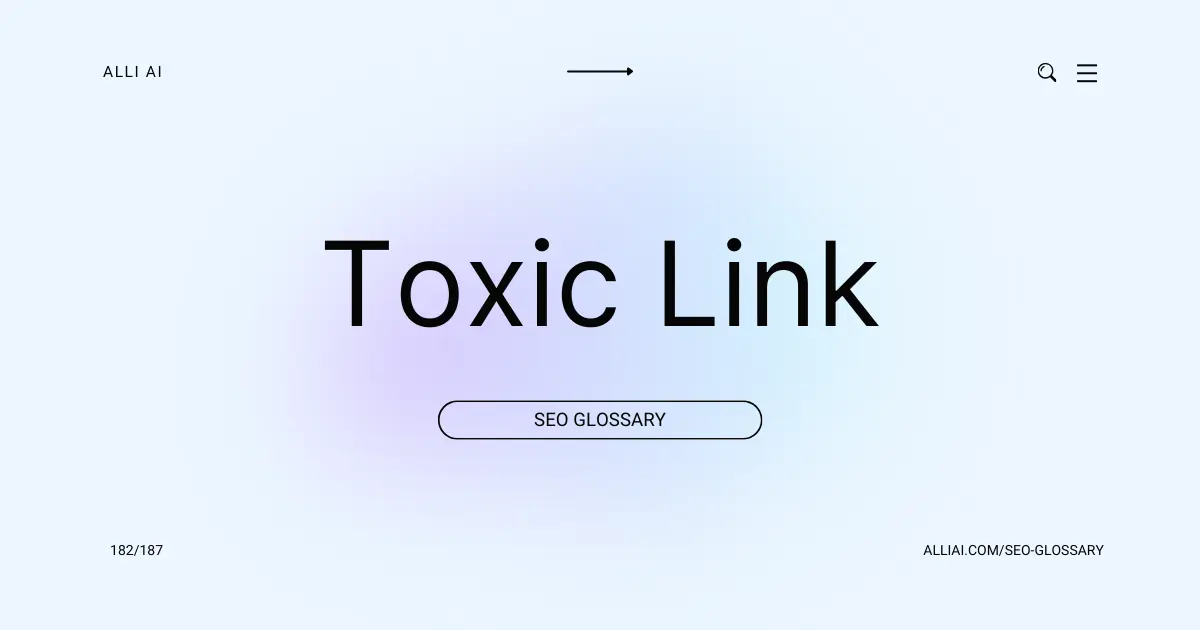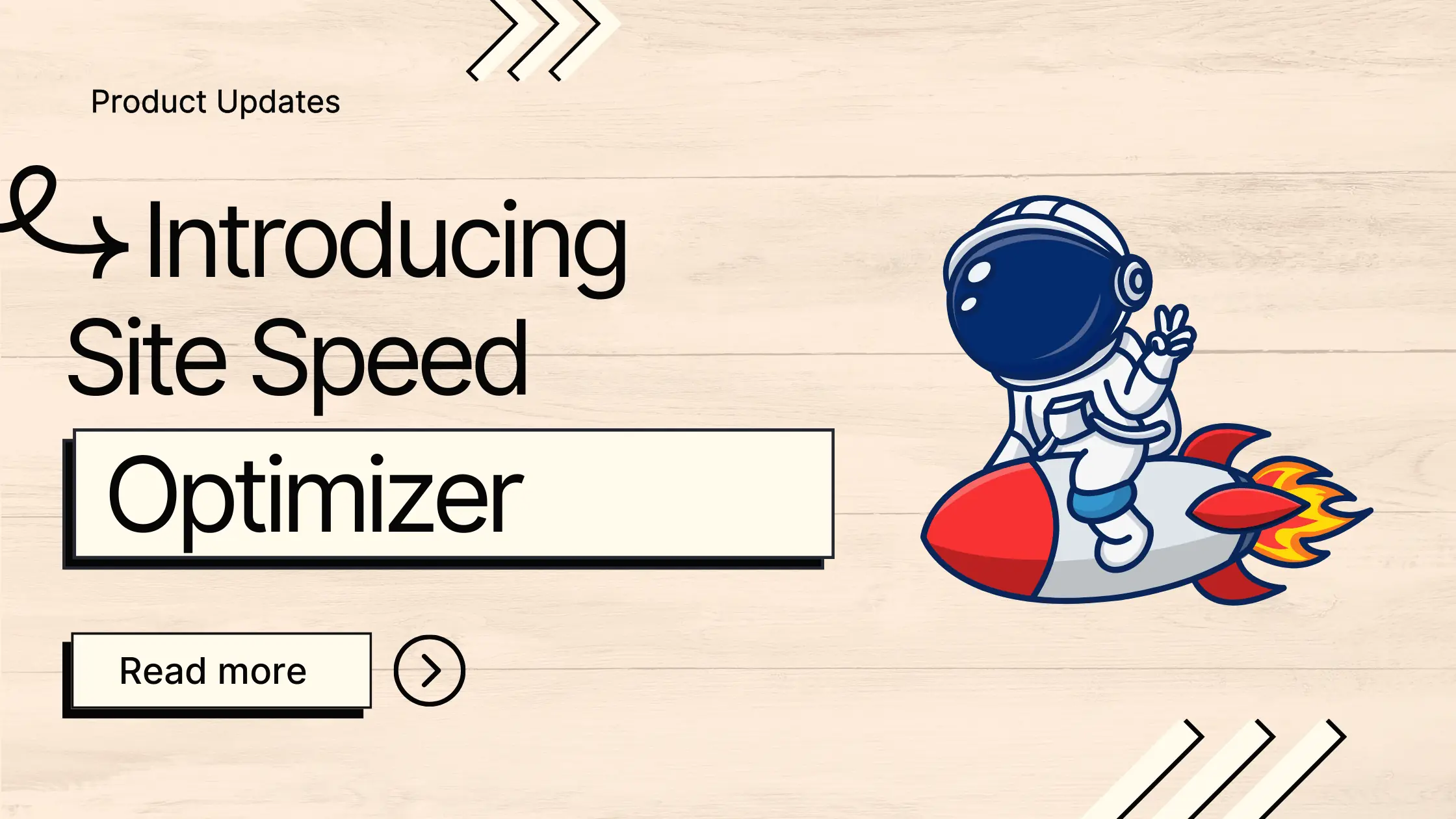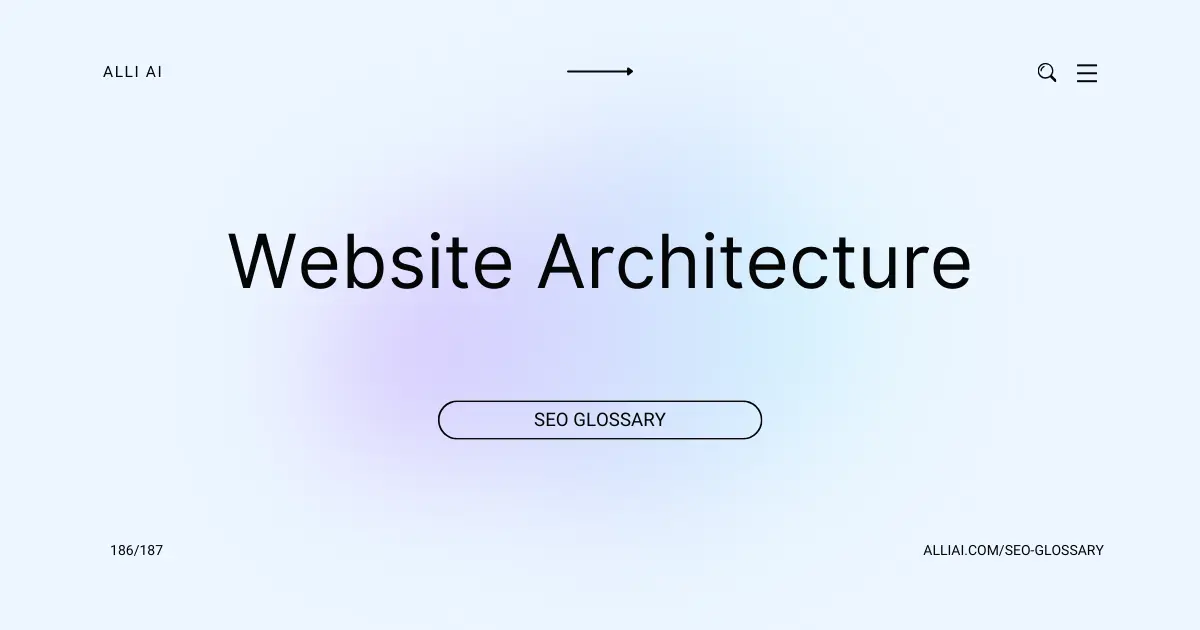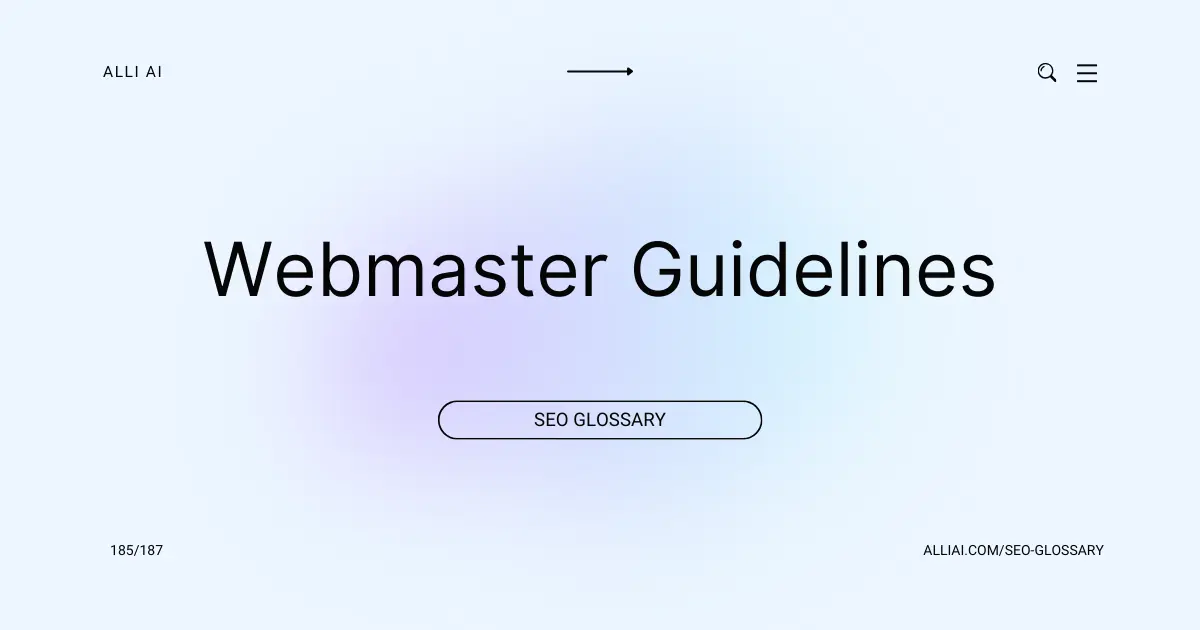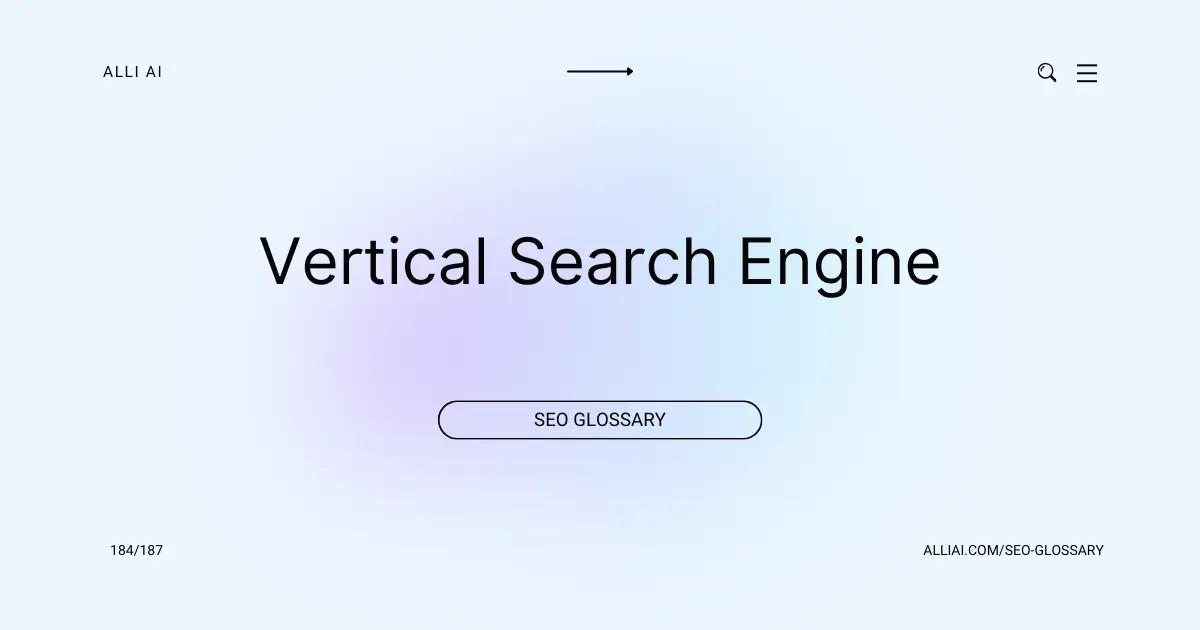What Does Authoritative Content Mean?
Authoritative content refers to information that is not only informative and well-researched but also recognized and trusted by experts in the field. It’s content that demonstrates expertise on a topic, providing reliable and accurate information that readers or other professionals in the industry can trust and rely on.
Where Does Authoritative Content Fit Into The Broader SEO Landscape?
Authoritative content is crucial in the SEO landscape as it directly impacts a website’s credibility and search engine rankings. Search engines like Google use algorithms to assess the quality and relevance of content, prioritizing websites that are considered authoritative and trustworthy. Authoritative content typically provides comprehensive, accurate, and up-to-date information that meets user intent and encourages higher engagement. This can lead to improved domain authority, increased organic traffic, better user engagement, and higher conversion rates. Additionally, authoritative content often earns backlinks from other reputable sites, which further enhances SEO performance by signaling to search engines that others vouch for the content’s quality. These factors make authoritative content a foundational element in achieving long-term SEO success.
Real Life Analogies or Metaphors to Explain Authoritative Content
Authoritative content is like a seasoned chef in a fine dining restaurant. Just as diners trust a chef with a reputation for culinary excellence to prepare high-quality meals, readers trust authoritative content because it comes from credible and knowledgeable sources. Just as a chef uses the best ingredients to create a dish, authoritative content is crafted with accurate, well-researched information to satisfy the appetite for reliable and informative content.
How the Authoritative Content Functions or is Implemented?
1. Research and Understanding: Identify topics within your niche that are not well-covered or have outdated content. Understand the depth of current content available and find gaps or areas for improvement.
2. Keyword Research: Use SEO tools to find relevant keywords with enough search volume and manageable competition. These keywords should be closely aligned with user intent and the specific topics you’ve identified.
3. Creating Detailed Content Outlines: Plan the content structure meticulously. Decide on headings, subheadings, and where you can logically incorporate primary and secondary keywords without stuffing.
4. Writing High-Quality Content: Produce well-researched, accurate content. Use authoritative sources and data to back claims. Ensure the content is comprehensive, covering as many aspects of the topic as possible to address multiple user intents.
5. On-Page SEO Optimization: Implement SEO best practices such as optimizing meta tags, using alt tags for images, and structuring content with proper HTML tags (H1, H2, etc.). Ensure the content is mobile-friendly and loads quickly.
6. Internal Linking: Use internal linking to guide visitors to relevant content, increasing the time they spend on your website and the value they get from it.
7. External Linking: Include outbound links to reputable sites to enhance credibility and resourcefulness, which can reinforce the content’s authority.
8. Content Promotion: Share the content across social media, use email marketing to distribute it to your list, and engage in community discussions (forums, webinars, etc.) to increase visibility.
9. Regular Updates: Regularly update the content to keep it current and relevant, reflecting the latest information, statistics, and trends, thereby maintaining its authoritative status over time.
10. Measuring Success and Iteration: Use analytics to track how well your content is performing in terms of rankings, traffic, and user engagement. Use insights gained to refine existing content and guide future authoritative content projects.
Impact Authoritative Content has on SEO
Authoritative content significantly enhances a website’s SEO by improving its credibility and trustworthiness, which are key metrics search engines use to rank pages. High-quality, authoritative content tends to attract more backlinks from reputable sites; these backlinks are interpreted by search engines as a signal of trust and authority, boosting the website’s rankings in SERPs (Search Engine Results Pages). Furthermore, authoritative content tends to keep users engaged for longer periods, reducing bounce rates and increasing the likelihood of visitor retention and conversion. Such engagement signals to search engines that the website is delivering value to users, which can further improve rankings. Additionally, regularly updated authoritative content encourages repeated visits and deeper interaction with the site, factors that contribute positively to its SEO standing.
SEO Best Practices For Authoritative Content
1. Identify primary keywords: Research and select the main keywords related to the topic of the authoritative content. Use tools like Google Keyword Planner, Ahrefs, or SEMrush.
2. Incorporate secondary keywords: Identify and use relevant secondary keywords to support the primary keywords. These should naturally fit into the content.
3. Optimize the title tag: Include the primary keyword in the title tag of the page while keeping it under 60 characters.
4. Utilize meta descriptions: Write a compelling meta description using the primary keyword and a secondary keyword, ensuring it’s under 160 characters.
5. Structure content with headers: Use H1 for the main title and H2s, H3s for subsections. Include keywords in your headers where relevant.
6. Write high-quality content: Ensure the content is well-researched, comprehensive, and provides real value to the readers.
7. Optimize images: Use descriptive file names and alt text with relevant keywords for all images.
8. Internal linking: Use internal links to connect this content with other relevant pages within your website, using keyword-rich anchor texts.
9. External linking: Include links to authoritative external sites where relevant; this adds credibility and context to your content.
10. Mobile optimization: Ensure the website is fully responsive and loads quickly on all devices, as this affects SEO rankings.
11. Increase page speed: Optimize loading times by compressing images, utilizing caching, and improving server response time.
12. Add structured data: Implement schema markup to help search engines understand the content of your pages better.
13. Social sharing buttons: Include social media sharing icons to facilitate easy sharing of your content.
14. Monitor analytics: Regularly check analytics to understand how your content performs and to make necessary adjustments.
15. Update regularly: Keep the content updated with current information and trends to maintain its authority and ranking.
Common Mistakes To Avoid
1. Lack of Source Credibility: Always verify the credibility of sources used in content. Ensure that information is taken from reputable, authoritative sites and that experts in the relevant field review the content.
2. Insufficient Research: Avoid shallow or insufficiently researched content by thoroughly exploring the topic and consulting multiple trusted sources.
3. Ignoring Updates in the Field: Regularly update content to reflect the latest research, trends, and data in the field to maintain its accuracy and relevance.
4. Overlooking Content Depth and Quality: Prioritize in-depth exploration of topics instead of surface-level coverage. Use detailed explanations, examples, and data to provide comprehensive understanding.
5. Biased or One-Sided Views: Present information objectively, showing multiple perspectives where applicable to maintain fairness and credibility.
6. Neglecting SEO Practices: Incorporate SEO best practices while maintaining the integrity of the content. Use keywords effectively but avoid keyword stuffing, ensure mobile optimization, and improve user engagement metrics.
7. Failing to Establish Authorship: Clearly mark the author’s credentials and bio with the content to establish authority and trust with the audience.
8. Not Engaging With Audience: Encourage and respond to user comments and feedback to foster a community and enhance the content’s authority through interaction.
9. Misalignment With Audience Needs: Understand and align the content with the audience’s needs, preferences, and level of understanding, avoiding overly technical language if not appropriate.
10. Inadequate Fact-checking: Double-check all facts, data, and figures used in the content to avoid spreading misinformation and potentially damaging the brand’s reputation.
